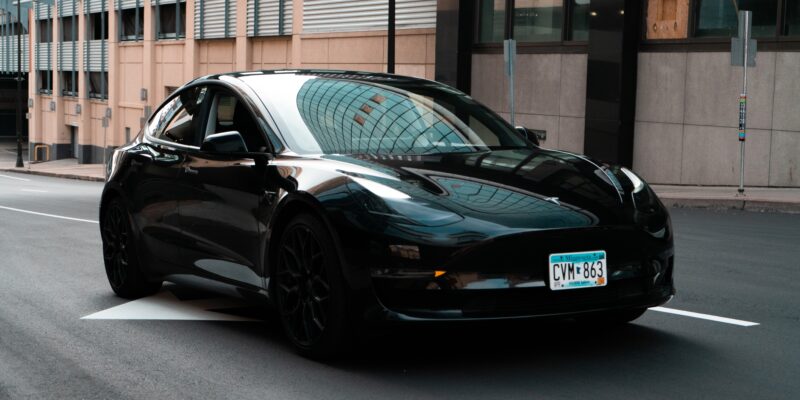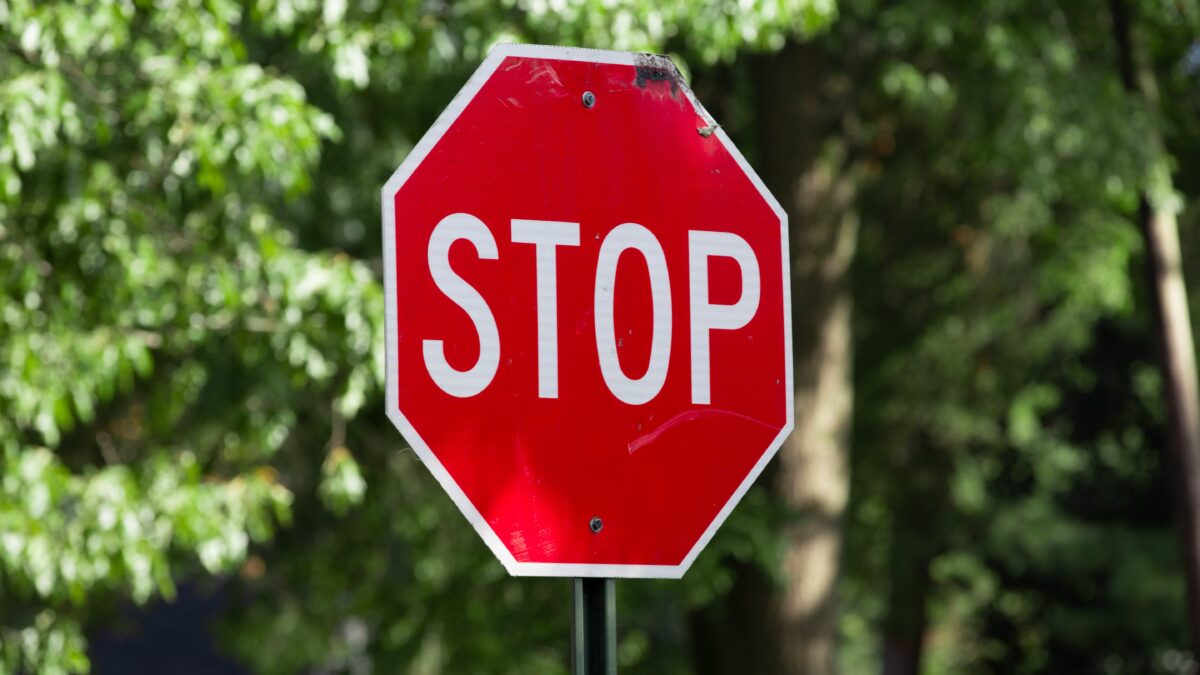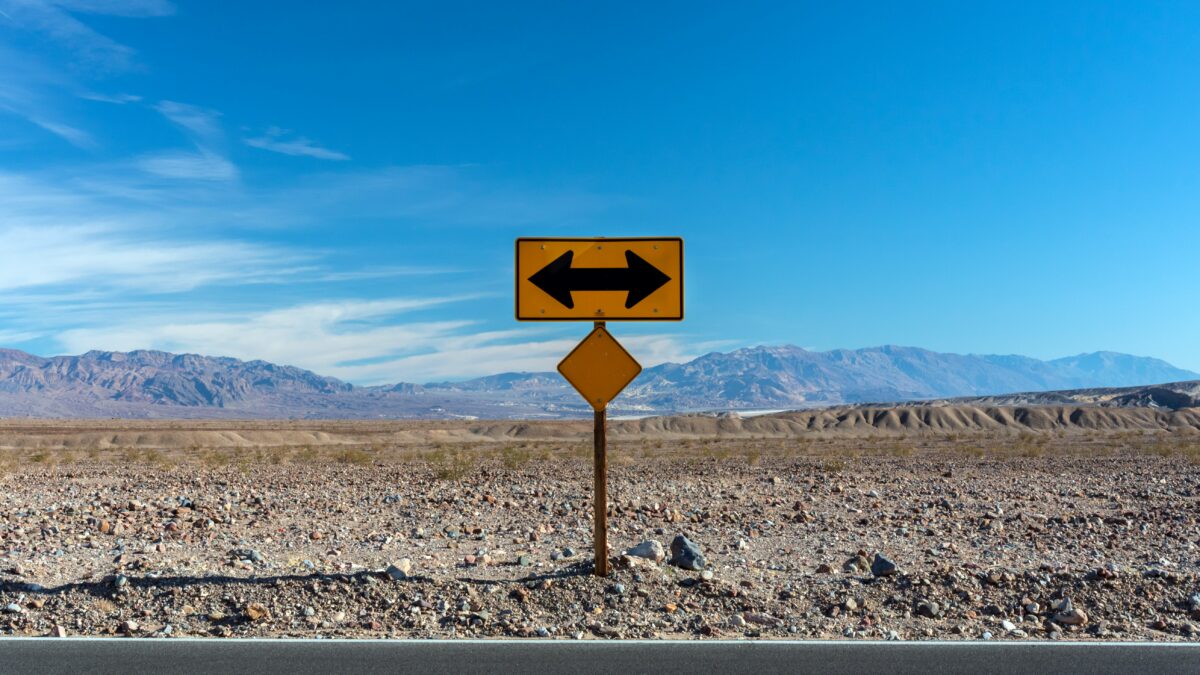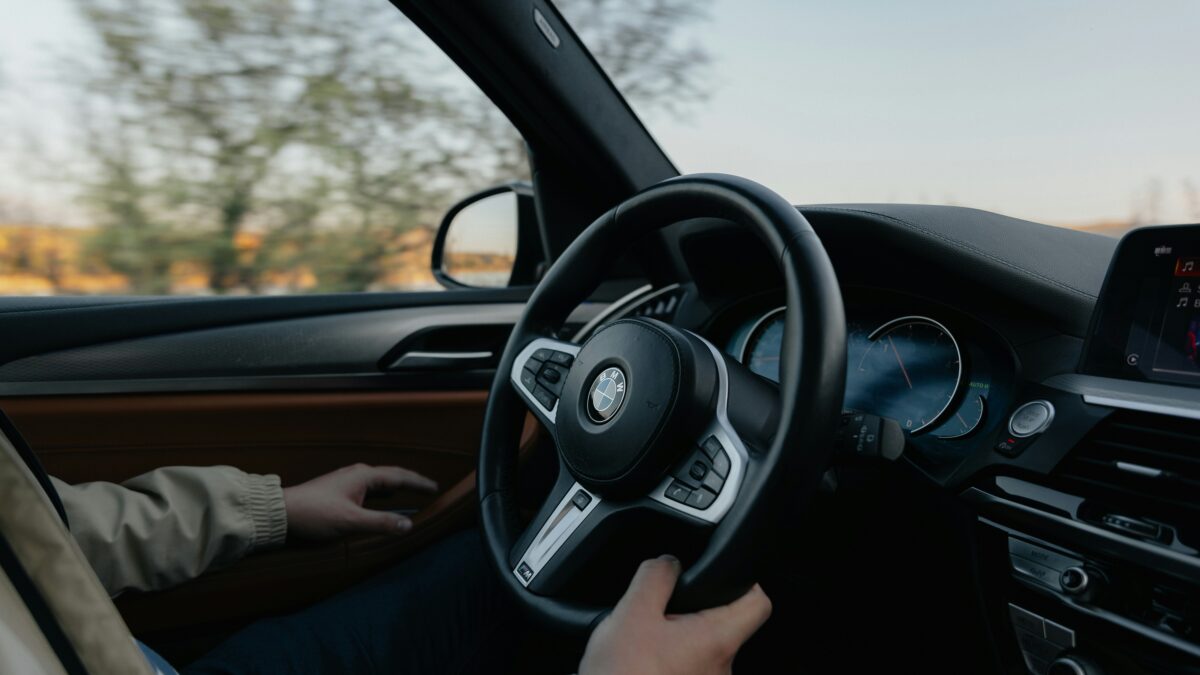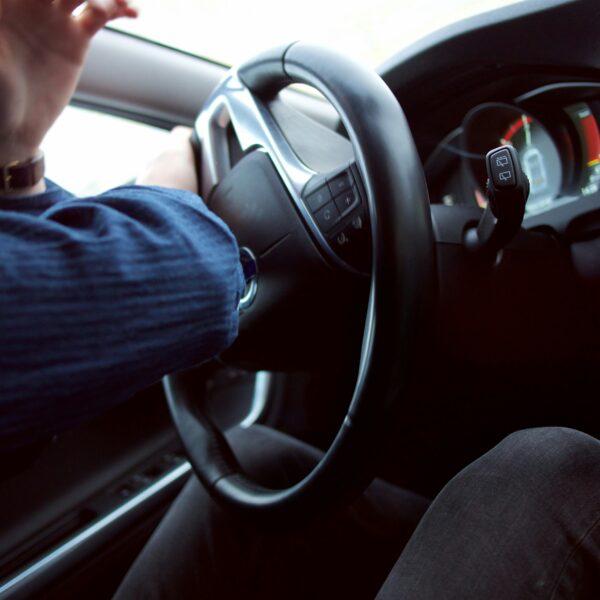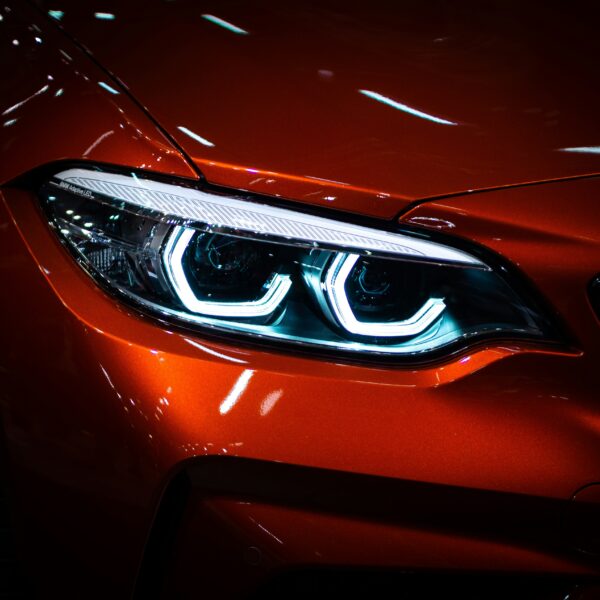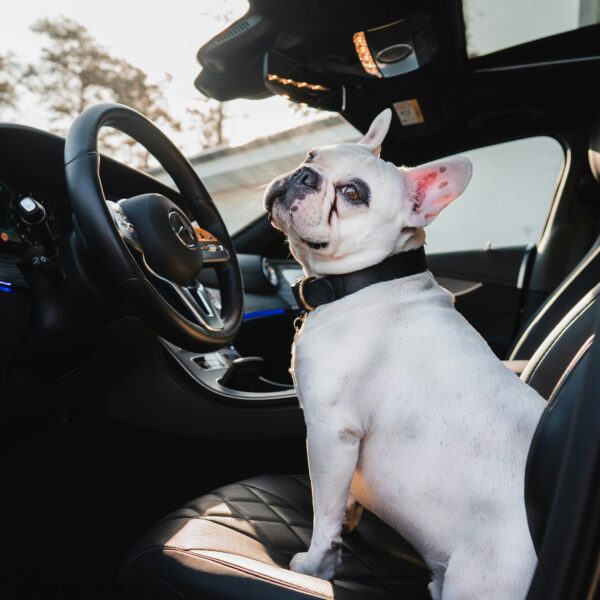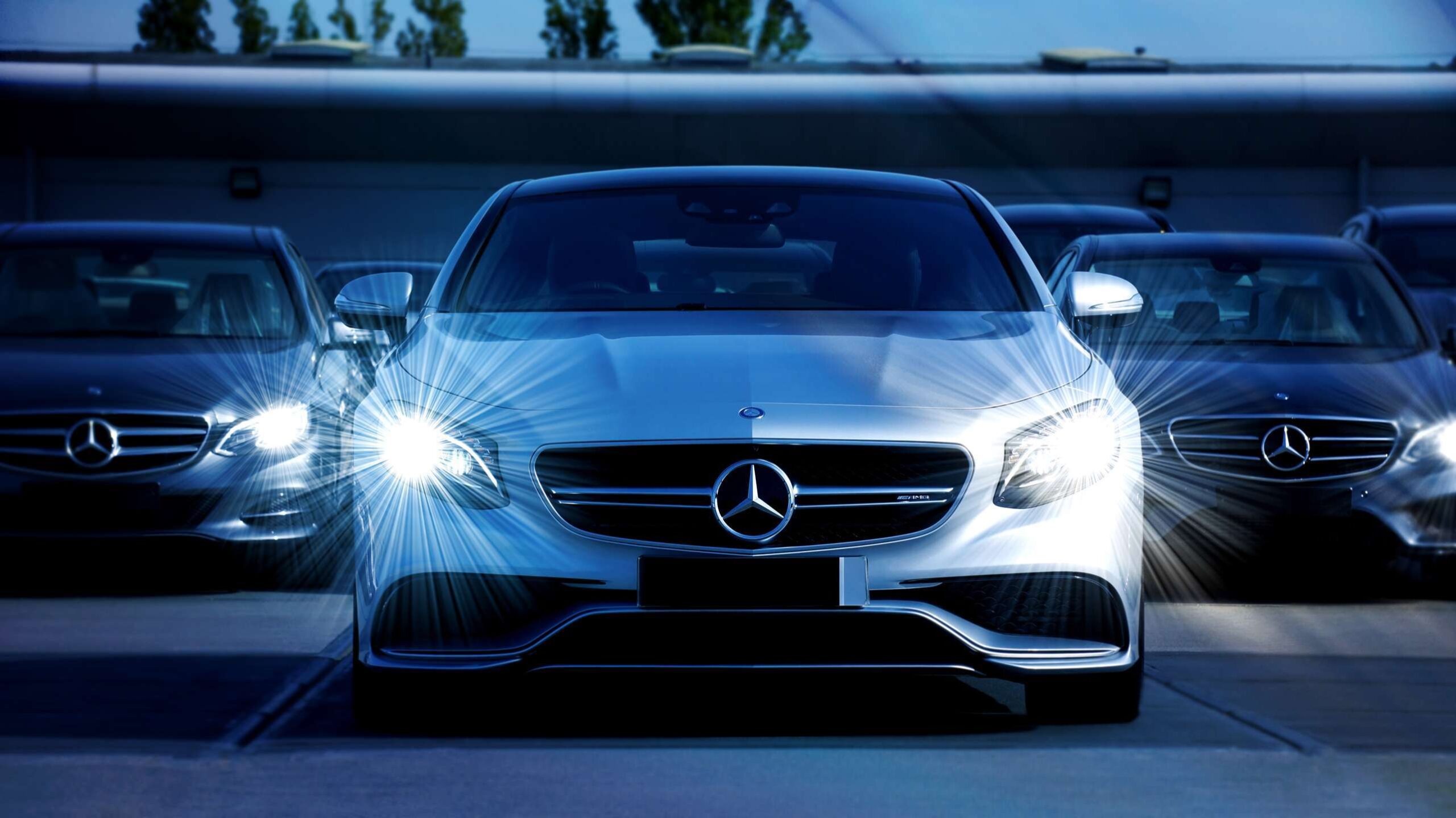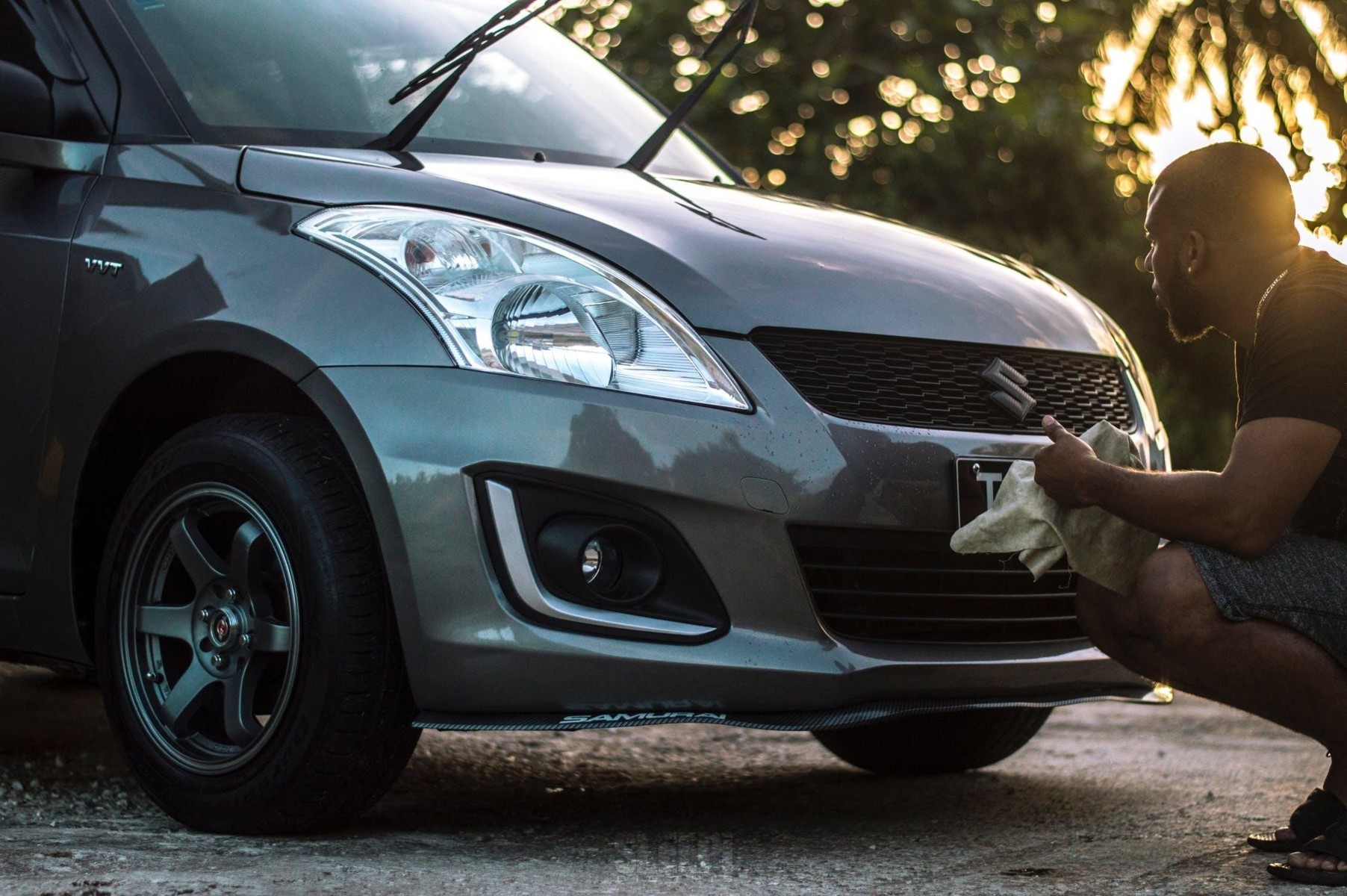Ralph Nader Petitions NHTSA to Ban Full Self-Driving Software
It’s hard to imagine the evolution of car safety without mentioning automotive enthusiast, Ralph Nader. As both an accomplished activist and promoter of public safety, Nader has developed a reputation for creating impactful reform within the U.S. And particularly, within the automotive industry.
At a time when muscle cars were dominating car fandom, Nader released his critically acclaimed book Unsafe at Any Speed. It took an investigative look at the safety shortcomings of automotive manufacturing in 1965. He pointed out pivotal design flaws and subsequent safety risks for high-speed vehicles at a time that was all about performance and speed. As a result, he notoriously took down the Chevrolet Corvair, claiming it as the most dangerous vehicle in production.
Nader’s efforts, quite frankly, helped pave the way for necessary advancements in car safety, like seatbelts and anti-lock brakes, respectfully. But now, the call for greater safety is aimed directly at one automaker in particular: Tesla. The EV automaker is back in the limelight (once again) for it’s highly-criticized yet optimized Full Self-Driving software. Though it has yet to reach standard production, Tesla has been piloting this autonomous function for years now. A few software improvements have been made here and there, but not enough to most automotive experts liking.
Read on to find out why Ralph Nader is urging the NHTSA to ban this “dangerous” self-driving function on all Tesla models.
What is FSD software?
FSD is Tesla’s proprietary self-driving software that utilizes eight cameras and a variety of data sensors to navigate a vehicle with no action required by the driver. In essence, this software is the fundamental technology for autonomous driving and other Autopilot features on Tesla models. That said, Tesla’s Full Self-Driving is a bit deceiving by name.
Although some drivers think this anticipated feature will become the epitome of driverless vehicles, the technology is not quite there yet. That’s why it’s important to note that Tesla models, even the ones with FSD software, are not fully autonomous at this time. They still require active driver supervision, despite what the name might suggest. This software, albeit groundbreaking, is just the beginning of making Musk’s autonomous vision come to life.
Beginning in October 2020, Tesla began offering FSD software to the public as part of a “Beta” pilot program. Since then, volunteer testers have had two years to opt-in to the Beta software and experience the Full Self-Driving function in their Tesla. So far, the outturn has not been as glamorous as one might assume. A number of Tesla testers have documented abnormal experiences while initiating this function.
Watch the video below to learn a bit more about Tesla’s Full Self-Driving Beta Software:
Ralph Nader criticism
Tesla’s major deployment of so-called Full Self-Driving (FSD) technology is one of the most dangerous and irresponsible actions by a car company in decades.”
As mentioned, Nader does not hold back when it comes to concern over public safety. Yet his most recent plea to the NHTSA has a growing group of Tesla fanatics and drivers asking questions. Can FSD really be that dangerous?
The first problem at hand is the testing protocol, which is what Nader is mainly criticizing in his statement to NHSTA. The fact that Tesla is permitting its own customers to “test out” the product before all the kinks have been worked out is a real safety concern. No matter which way you look at it. His opinion is well-founded considering several of the 100,000 Tesla owners with beta software have videoed live footage of FSD causing erratic driving behavior.
In one video, in particular, a Tesla owner records their drive using FSD and viewers can see the vehicle shift directly toward a railroad track versus staying on course. Obviously, this is far from the ideal driving scenario that one would hope to expect with FSD software in use.
Although these “Beta” testers are willing to take the risk, the trial and error process is putting too much at risk. This, on top of a list of already vicarious safety concerns with Tesla. As we’ve seen through the years, the number of NHTSA investigations concerning Tesla’s AutoPilot function have continually increased. The NHTSA has forced Tesla to upgrade software if necessary to prevent harm to passengers. In some cases, they’ve had to remove software to keep passenger safety a priority.
After all, the purpose of the national safety organization is to keep car makers and consumers aware of potentially hazardous manufacturing mishaps. Right now, the NHTSA is investigating both Full Self-Driving and the existing Autopilot software. Which means, Nader’s recent claims only emphasize the overwhelming concern within the automotive community.
Do Nader’s claims hold true?
Ralph Nader’s opinion is surely respected by many within the automotive community. And, his statement certainly holds a lot of truth in regards to Tesla’s unusual approach to testing FSD software. While the technology and utility of FSD software is incredible, it’s clear there’s a lot of work to be done. For starters, the consumer should never be the testee. The process of perfecting FSD function and other Autopilot improvements should be done entirely in-house.
Whether you agree or disagree with Nader’s statement, the fact of the matter is there’s danger is at hand. Not to mention, the NHTSA already has several ongoing investigations into Tesla models and the endangering malfunctions of Autopilot systems. Many recorded instances have led to harming injuries and even death. So, although Nader’s claim are unlikely to cause more investigations, his words definitely put the heat on the national safety organization to make pinnacle decisions involving autonomous features.
Do you think Tesla is acting reckless by allowing consumers to test out FSD software? Or do you think the Ralph Nader stance is exaggerated? Let us know your opinion! Comment below and share your thoughts with our readers.






